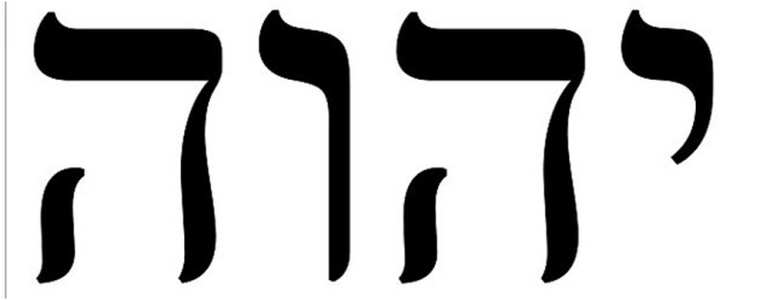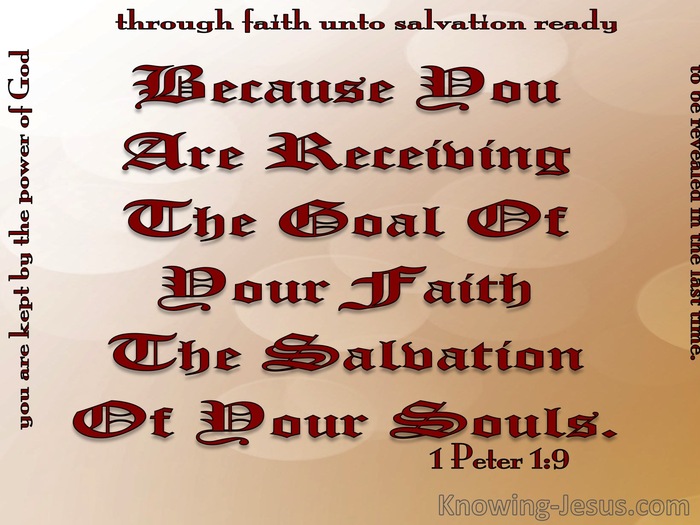Alter2Ego
Active Member
101G:
You are telling amazing grace "good luck because you will need it," when, in fact, amazing grace is correct and you are wrong when you claim "Jesus is God himself in the flesh."
You are attempting to turn Jesus Christ into the Creator by connecting John 1:1-3 (which applies to Jesus, the created son) to Isaiah 44:24 (which applies to Jehovah the Father).
First of all, you are quoting John 1:3 from a Trinitarian Bible translation where the translators are attempting to push the Trinity dogma. They purposely manipulated words by stating regarding Jesus: "all things were made by him...." That is an incorrect translation by the simple fact Jesus was himself created. A created being is not capable of creating.
Below are two Trinitarian Bibles where the translators at least had the decency to give a more accurate translation.
"God created everything through him, and nothing was created except through him." (John 1:3 -- New Living Translation)
"All things came into being through Him, and without Him not even one thing came into being that has come into being." (John 1:3 -- Berean Literal Bible)
There's a vast difference between "made by him" and "made through him." Jehovah is the power behind everything that was created. Isaiah 44:24 (which you erroneously apply to Jesus) confirms that. Almighty God simply allowed Jesus--his created son--the privilege of being the person through whom he, Jehovah, did the creating.
A2E listen carefully, Isaiah 44:24 "Thus saith the LORD, thy redeemer, and he that formed thee from the womb, I am the LORD that maketh all things; that stretcheth forth the heavens alone; that spreadeth abroad the earth by myself;"
A2E God was "ALONE" and "BY HIMSELF", when he made all things, and alone means, "having no one else present"
NOW YOUR Berean Standard Bible. " Thus says the LORD, your Redeemer who formed you from the womb: “I am the LORD, who has made all things, who alone stretched out the heavens, who by Myself spread out the earth,
if God was alone, how could he go through someone else? ..... THINK.....
101G.
Isaiah 44:24 is Jehovah the Father speaking. What is it about that don't you get?
Most of the Trinitarian Bible translators removed the Divine name, Jehovah, from the 2,000 places where it originally appeared and replaced it with the title LORD in all caps or initial cap Lord or else the double-titles LORD GOD. Trinitarian Bible translators removed Almighty God's personal so they could confuse the gullible into believing Jesus is Almighty God. Whenever you see the words LORD or LORD GOD in all caps in the Bible, it always applies to Jehovah the Father.
In the oldest existing manuscripts of the Hebrew Scriptures aka Old Testament, God the Father's personal name was written with the four Hebrew letters YHWH, called the Tetragrammaton (sometimes pronounced Yahweh). Below is an image of the Tetragrammaton. It appeared some 2,000 times in the original manuscripts and was deliberately removed by Trinitarian Bible translators.

Below is the same verse of scripture from three different Trinitarian Bibles where the translators had the decency to leave the personal name of God the Father instead of replacing it with the title LORD.
"Thus said Jehovah, thy redeemer, And thy framer from the womb: 'I am Jehovah, doing all things, Stretching out the heavens by Myself, Spreading out the earth -- who is with Me? (Isaiah 44:24 -- Young's Literal Translation)
"Thus said YHWH, your Redeemer, "" And your Framer from the womb: “I [am] YHWH, doing all things, "" Stretching out the heavens by Myself, "" Spreading out the earth—who [is] with Me?" (Isaiah 44:24 -- Literal Standard Version)
"Thus says Yahweh, your Redeemer, and the one who formed you from the womb, “I, Yahweh, am the maker of all things, Stretching out the heavens by Myself And spreading out the earth all alone, (Isaiah 44:24 -- Legacy Standard Version)

